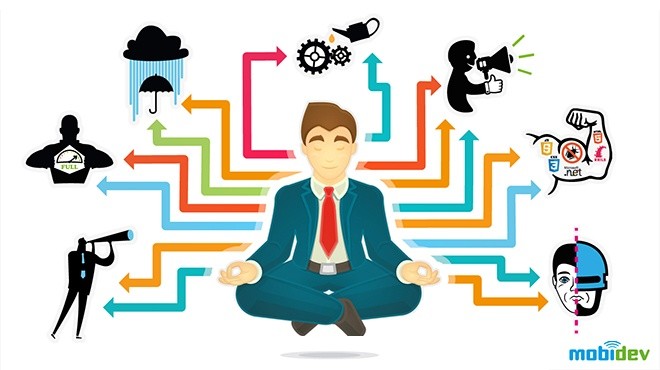In the fast-paced and dynamic world of project management, the integration of artificial intelligence (AI) is ushering in a new era of efficiency, innovation, and effectiveness. Smart Project Management AI is rapidly gaining traction as organizations seek to streamline their processes, enhance decision-making, and stay ahead of the competition. This article explores the various aspects of AI in project management, its benefits, challenges, and the transformative impact it has on the way projects are planned, executed, and delivered.
- Automated Task Management:
One of the key contributions of AI to project management is the automation of routine tasks. AI-powered project management tools can handle repetitive and time-consuming activities such as scheduling, resource allocation, and progress tracking. This allows project managers and team members to focus on more strategic and creative aspects of their work, ultimately increasing productivity and reducing the risk of human errors.
- Predictive Analytics for Decision Support:
AI enables project managers to make more informed decisions through predictive analytics. By analyzing historical data, project managers can gain insights into potential risks, resource constraints, and project timelines. This foresight allows for proactive decision-making, helping teams to mitigate risks and optimize resource utilization. Predictive analytics also aids in setting realistic project expectations and improving overall project success rates.
- Enhanced Communication and Collaboration:
AI facilitates better communication and collaboration among team members. Intelligent chatbots, for example, can provide instant responses to queries, distribute information, and offer guidance on project-related matters. Additionally, AI-driven collaboration platforms can enhance teamwork by organizing and categorizing project data, fostering a more transparent and efficient workflow.
- Dynamic Resource Allocation:
Efficient resource allocation is crucial for project success. AI algorithms can analyze project requirements, team capabilities, and resource availability to optimize resource allocation dynamically. This ensures that the right people are assigned to the right tasks at the right time, preventing bottlenecks and delays.
- Continuous Learning and Improvement:
AI systems can learn from past project data, feedback, and outcomes to continuously improve project management processes. By identifying patterns and trends, AI can suggest optimizations, recommend best practices, and adapt to evolving project requirements. This learning capability contributes to the iterative improvement of project management methodologies and practices.
Challenges and Considerations:
While AI brings numerous advantages to project management, it is essential to address challenges such as data privacy, ethical considerations, and the need for skilled personnel to manage AI-driven systems. Organizations must also ensure that AI solutions align with their specific project management requirements and do not compromise the human-centric aspects of collaboration and decision-making.
Conclusion:
The integration of AI into project management represents a paradigm shift in how projects are planned, executed, and monitored. By leveraging the capabilities of AI for task automation, predictive analytics, improved communication, dynamic resource allocation, and continuous learning, organizations can achieve higher levels of efficiency and success in their projects.
